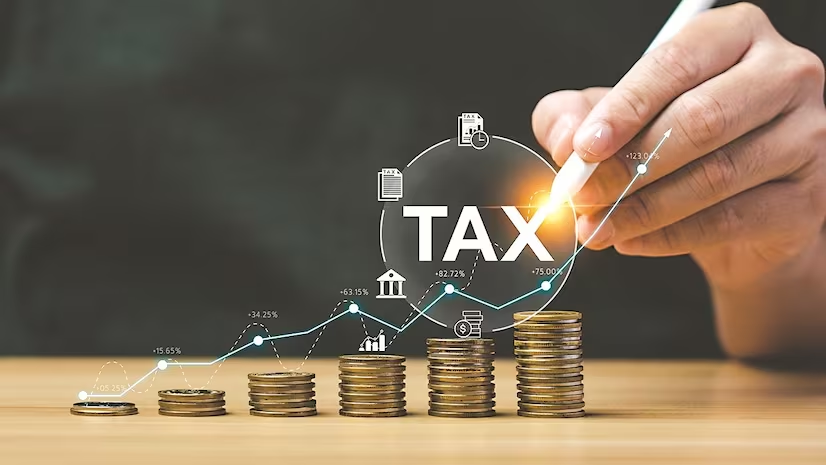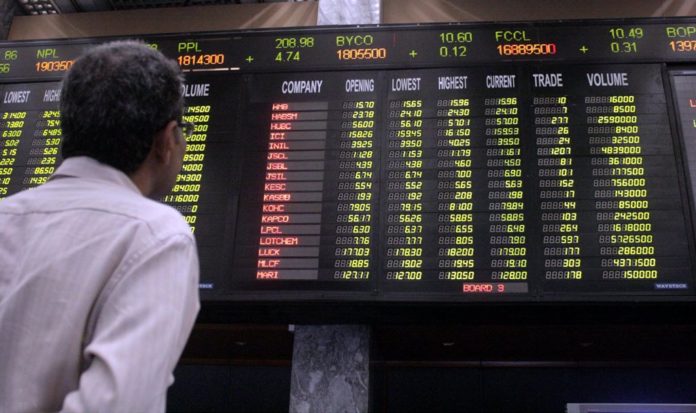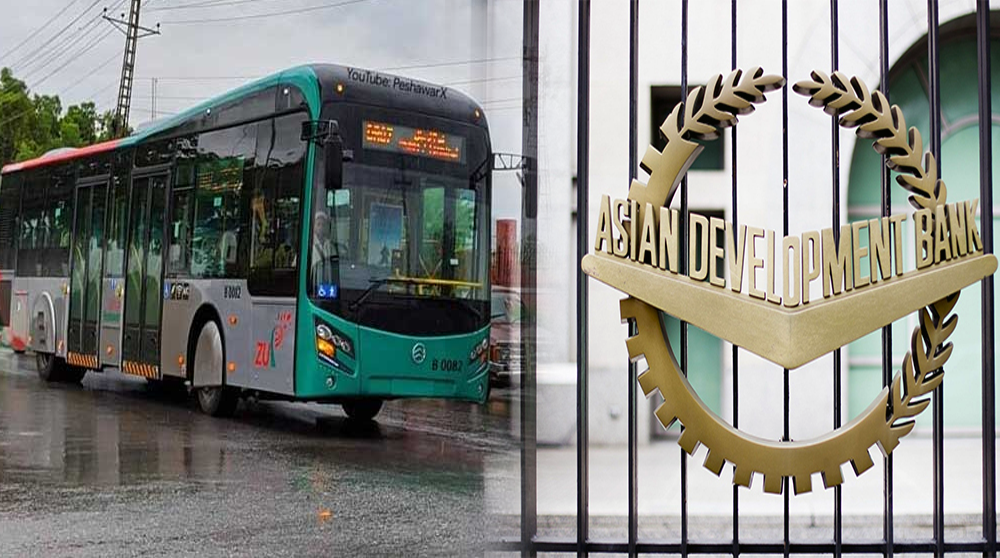Mohsin Siddiqui (Chief Reporter)
Finance Minister Muhammad Aurangzeb revealed on Thursday that Pakistan experiences an annual tax leakage ranging between Rs5,000 billion to Rs6,000 billion. This significant issue was discussed during the first day of the Senate Standing Committee on Finance’s review of the Finance Bill 2024, held at the Parliament House.
During the morning session of the committee, before the post-budget press conference, Aurangzeb emphasized that this substantial tax leakage could be effectively curbed through stringent enforcement of tax laws. He warned that without proper measures, Pakistan might continue facing such losses for the next 100 years. Highlighting the importance of plugging this leakage, he stated that only by addressing this issue could Pakistan generate the necessary resources to sustain its economy.
Aurangzeb informed the committee about the Federal Board of Revenue’s (FBR) efforts to expand the tax net. The FBR has registered 31,000 retailers under the Tajir Dost Scheme, with tax payments set to commence from July 2024. Additionally, the track and trace system has been launched and will be expanded from the cigarette industry to other sectors such as cement. He noted that sales tax also suffers from significant leakage, which can be addressed through comprehensive digitization.
The finance minister underscored the need to expand the tax system as outlined in the federal budget. He stressed the importance of increasing the tax-to-GDP ratio, which currently stands at just over nine percent. Aurangzeb highlighted the urgency of raising this ratio to 13 percent within the next three years to ensure economic sustainability. He questioned whether any other country sustains itself with such a low tax-to-GDP ratio, emphasizing that Pakistan’s current situation is unsustainable.
Aurangzeb expressed his commitment to eliminating the concept of non-filers, stating that Pakistan might be the only country with such a category. To address this, punitive measures for non-filers will be implemented, including requiring an NTN (National Tax Number) on passports for international travel. Without an NTN, individuals will not be able to travel to countries like the USA, the UK, and Thailand. This move aims to increase documentation and digitization, reducing human intervention and corruption, and improving transparency and client service.
Aurangzeb detailed the basic principles behind the budget, focusing on expanding the tax base. He reiterated that a tax-to-GDP ratio of less than 10 percent is unsustainable and stressed the need to increase it annually to reach 13 percent within three years. The finance minister asserted that this increase is crucial for the country’s financial health and stability.
Responding to committee members’ queries on the taxation of electric vehicles (EVs), Aurangzeb highlighted that EVs are generally expensive and have significant tax potential. He indicated that taxing this sector could contribute to the overall tax revenue.
Aurangzeb emphasized the importance of end-to-end digitization to reduce human intervention, lower corruption, and improve transparency. This digital transformation is expected to enhance client service and streamline tax collection processes, making the economy more transparent and efficient.


